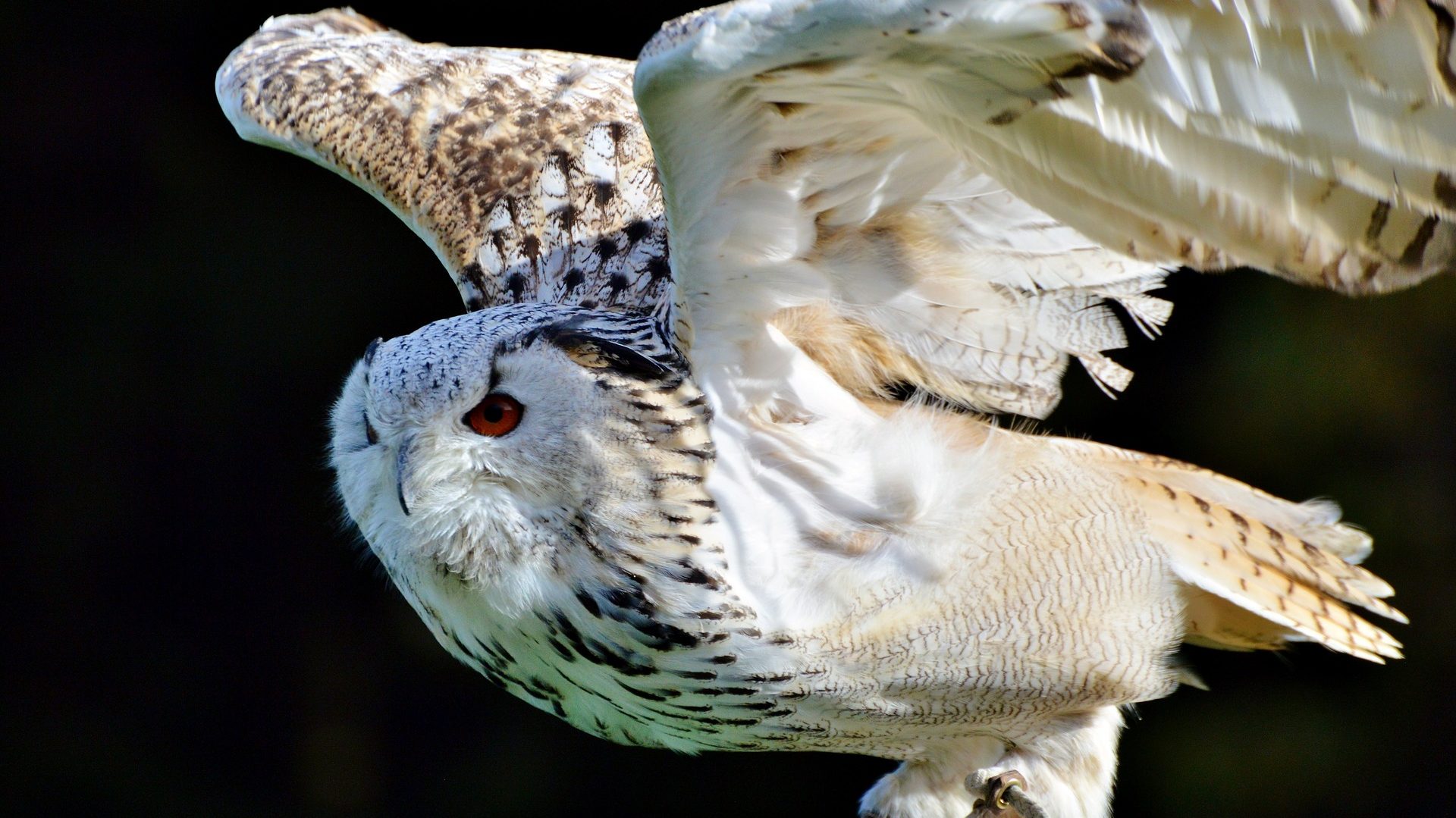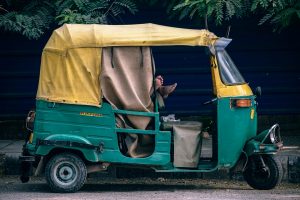Mango and Elderberry
 Lemonade or limbu-pani was the staple drink when we wanted something fresh and refreshing on warm afternoons, or when we returned home from the heat outside. The plethora of drinks and fruit juices you find in the supermarkets these days, were missing when I was a child.
Lemonade or limbu-pani was the staple drink when we wanted something fresh and refreshing on warm afternoons, or when we returned home from the heat outside. The plethora of drinks and fruit juices you find in the supermarkets these days, were missing when I was a child.
Come summer, there were the seasonal delights like mango juice and grape juice. For that extra thirst there was always lemonade the year round.
Raw mango juice or Aam Panna was among the more unusual summer drink that we had; it is as refreshing and light as lemonade. It is mainly water with the cooked pulp of raw mango and sugar added to taste. There is a short window of time when you can get this greenish drink.
In Germany, drinks made with the elderberry cordial would be the equivalent of cool raw mango juice.
Fragrant tiny white flowers that appear around the end of May are used to make elderberry cordial. Elderberry flower juice is called holundeer bluten saft in German. The juice is a concentrate that you dilute with water to make a delicious drink. Or you can add it to alcoholic drinks like sekt, the local German variety of champagne.
Elderberry is a weedy climber that grows as part of hedges or in forest openings. I head to woods or its edges to collect these flowers. A few walks in the woods are set aside every year for this task.
This year, I spent a lovely Sunday morning collecting them again. It was a sunny day, and there were elderberries everywhere in bloom, and you could smell them in the air.
The elderberry flowers are soaked overnight in water, and they lose their pollen and fragrance to the water. Sugar and lemon juice are the other ingredients. Now I have a supply of summer fragrance bottled up, that I can use through the next months.
This is the main difference between elderberry cordial and Aam Panna, which we never stored, but drank immediately. Not that there was any problem finishing it.
I have never seen elderberry cordial sold in supermarkets, just as you won’t find Aam Panna sold in supermarkets or restaurants, and yet they are readily welcomed by family and friends.
Every place has its special little treats, and I am delighted that I can enjoy both these drinks.





